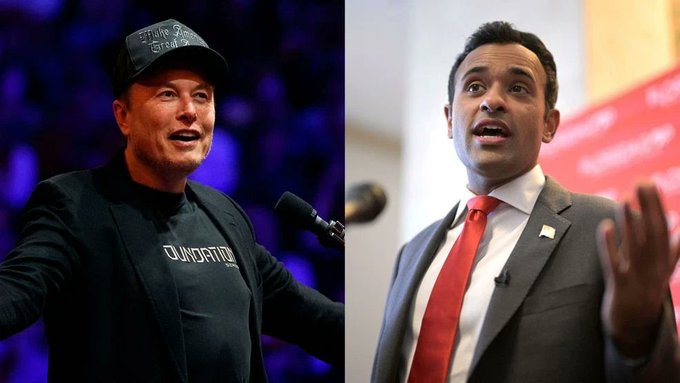Gabon Votes in First Presidential Election Since 2023 Coup
Gabonese voters took to the polls on Saturday to cast their ballots in a highly anticipated presidential election, marking the first since the 2023 coup that ousted long-time leader Ali Bongo. With nearly one million registered voters, including over 28,000 overseas, the election represents a critical moment in the country’s political transition and its quest to return to constitutional order.
Transitional President Brice Clotaire Oligui Nguema, who led the coup against Bongo nearly two years ago, is among the eight candidates contesting the presidency. Nguema, who resigned from his military post to comply with Gabon’s Electoral Code, is seeking to solidify his grip on power and continue his rule for a seven-year term under a newly revised constitution. His campaign slogan, “We Build Together,” aims to present him as a unifying figure capable of driving the country forward after decades of the Bongo family’s rule.
Nguema’s main challenger is Alain-Claude Bilie By Nze, former prime minister under the Bongo regime. Bilie By Nze has vowed to overhaul Gabon’s public finances, tackle unemployment, and sever the country’s ties with its former colonial ruler, France. However, his proximity to the old Bongo administration has drawn sharp criticism from some voters, who question his ability to bring true change.
The election is being closely watched, not just for its political implications, but for its potential to define the future of a country rich in oil and timber but plagued by widespread poverty, corruption, and unemployment. A third of Gabon’s 2.3 million people live below the poverty line, despite the country’s vast wealth. Many citizens are hoping for a president who will prioritize social justice, jobs, and economic reform.
Despite the peaceful atmosphere at polling stations in the capital, Libreville, where voters queued in large numbers, the election process has been marred by allegations of unfairness. Critics accuse Oligui Nguema of overseeing an electoral system designed to favor his own candidacy. The introduction of a new constitution in November 2024, which includes an age limit for presidential candidates, rendered one of the most popular opposition figures, Albert Ondo Ossa, ineligible.
In addition to these concerns, the military’s continued influence over the political landscape remains a point of contention. While Oligui Nguema has promised to return power to civilians through credible elections, many fear that the coup leader’s actions are a continuation of the same system that kept the Bongo family in power for over 50 years.
Some voters, however, have praised the transitional government for its achievements in a short period. Jean Bie, a 57-year-old construction worker, expressed support for Oligui Nguema, saying, “In just 19 months, General Oligui Nguema has completed several projects that the previous regime had promised but failed to deliver.”
The election is being observed by nearly 2,500 national and international observers, including 48 missions tasked with ensuring the vote is free and fair. With polls set to close at 6 p.m. local time (5:00 p.m. GMT), the first results are expected to be announced on Sunday, though the counting process may extend into next week.







